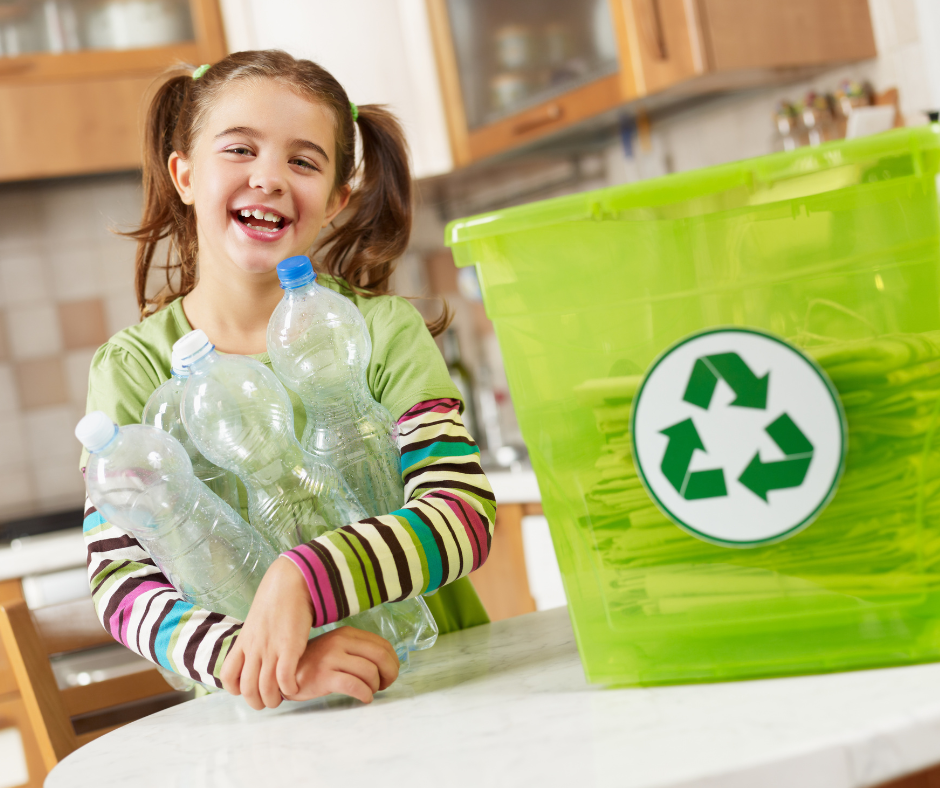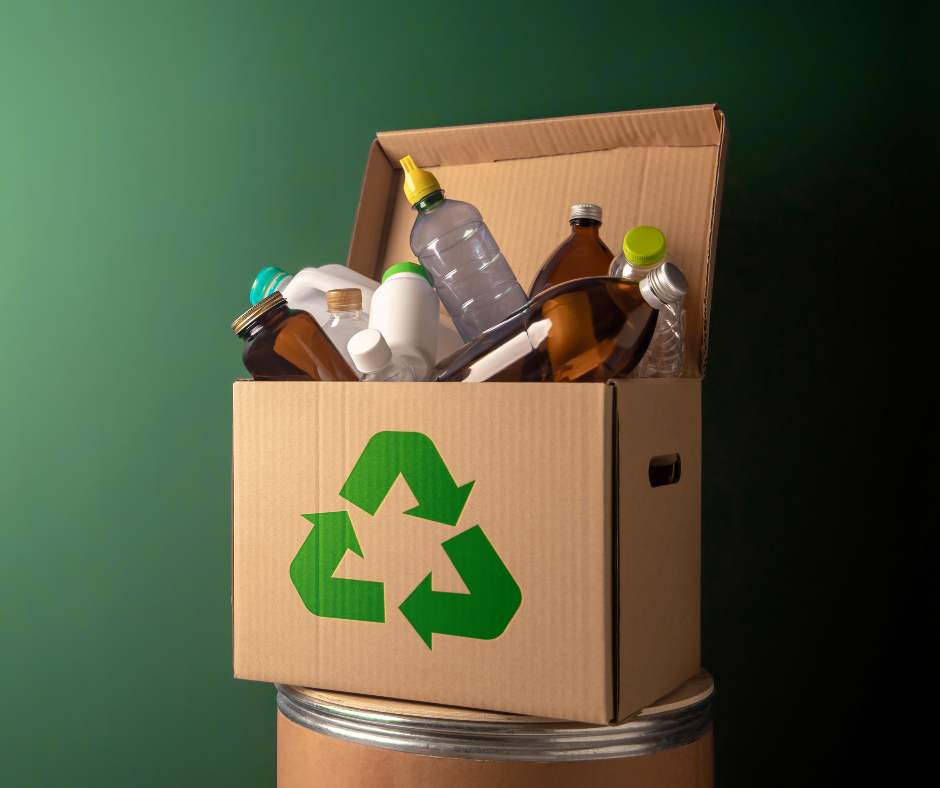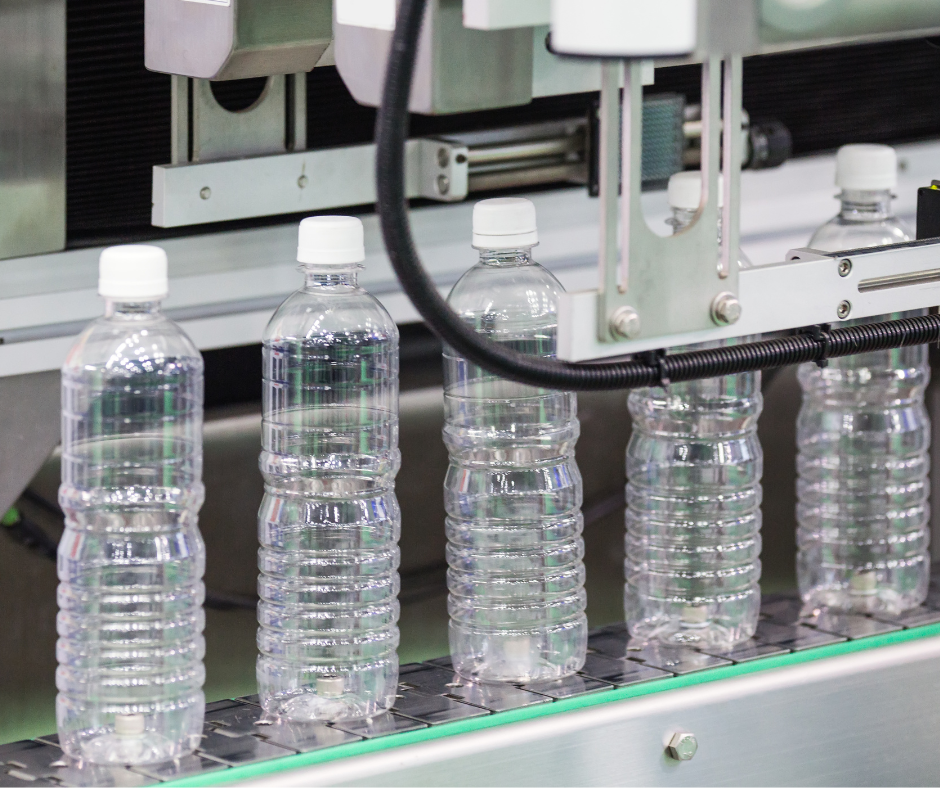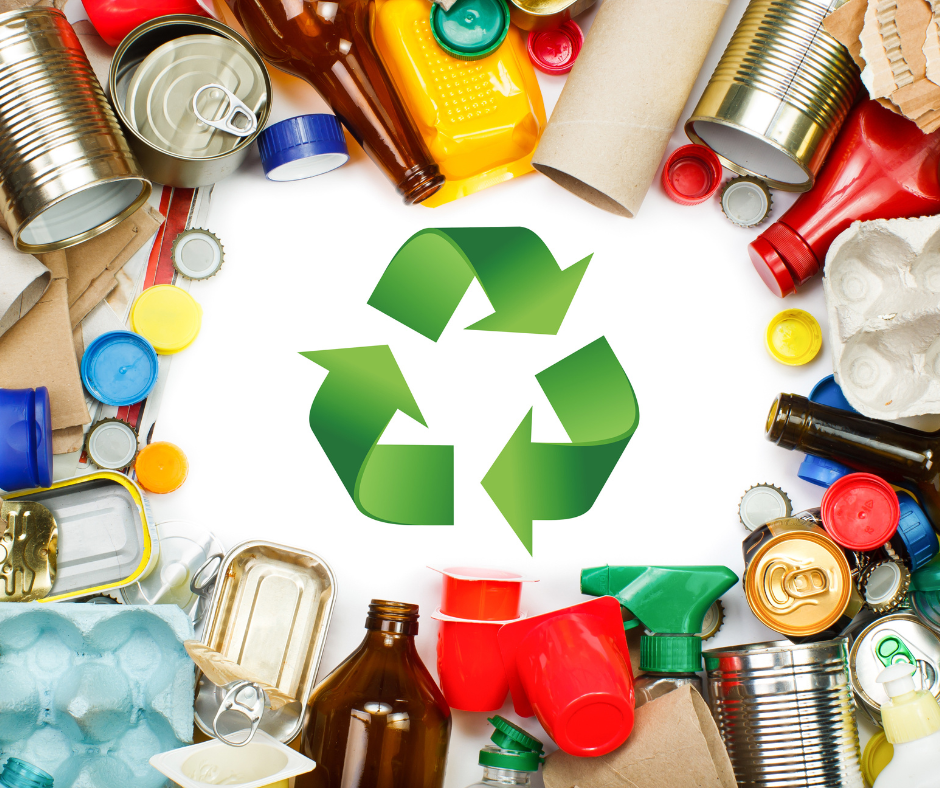Plastics are ubiquitous in modern society and are used in a wide range of applications, from packaging to construction to electronics. However, the environmental impact of plastics is a growing concern. Traditional plastics are made from petroleum-based materials and can take hundreds of years to degrade, leading to pollution and harm to wildlife. Biodegradable plastics have emerged as a potential solution to this problem, and their potential for sustainable manufacturing is being explored.
In this article, we will discuss the following:
- What are Biodegradable Plastics?
- Bio-based Biodegradable Plastics
- Petroleum-based Biodegradable Plastics
- Advantages of Biodegradable Plastics for Sustainable Manufacturing
- Challenges of Biodegradable Plastics for Sustainable Manufacturing
- Current Applications of Biodegradable Plastics
- Future of Biodegradable Plastics for Sustainable Manufacturing
- How can Deskera Help You?
- Conclusion
- Related Articles
What are Biodegradable Plastics?
Biodegradable plastics are plastics that can be broken down by microorganisms into natural compounds such as carbon dioxide, water, and biomass. Biodegradation occurs when microorganisms such as bacteria, fungi, and algae break down the molecular bonds that hold the plastic together. Biodegradable plastics can be made from a variety of materials, including starch, cellulose, and chitin.
Biodegradable plastics can be divided into two categories: bio-based and petroleum-based.
Bio-based Biodegradable Plastics
Bio-based biodegradable plastics are a type of biodegradable plastic that is made from natural, renewable sources such as cornstarch, sugarcane, and potatoes. These materials are converted into bioplastics through a process of polymerization, in which small molecules are joined together to create long chains of polymers. The resulting bioplastics are biodegradable, meaning they can be broken down into natural materials by microorganisms in the environment.
Bio-based biodegradable plastics offer several benefits over traditional petroleum-based plastics. They are made from renewable resources, which reduces reliance on fossil fuels and helps to mitigate the environmental impact of plastic production. They also biodegrade relatively quickly compared to traditional plastics, reducing the amount of plastic waste that accumulates in the environment.
However, there are also challenges associated with the production and use of bio-based biodegradable plastics. The production of these materials can require significant resources such as land, water, and energy, which can have their own environmental impacts. In addition, the biodegradability of these plastics can vary depending on factors such as temperature and moisture levels, and they may not biodegrade completely under all conditions.
Overall, bio-based biodegradable plastics offer a promising alternative to traditional plastics, but they need to be produced and used in a responsible and sustainable way to ensure their full environmental benefits are realized.
Petroleum-based Biodegradable Plastics
Petroleum-based biodegradable plastics, also known as oxo-biodegradable plastics, are a type of plastic that is made from petroleum-based materials and contains additives that allow the plastic to biodegrade under certain conditions. These additives, which typically contain metals such as cobalt, iron, or manganese, cause the plastic to break down into smaller pieces when exposed to sunlight and oxygen.
The smaller pieces of plastic can then be further broken down by microorganisms in the environment, leading to the eventual degradation of the plastic. Unlike traditional plastics, which can persist in the environment for hundreds of years, petroleum-based biodegradable plastics can biodegrade relatively quickly, typically within a few years.
Petroleum-based biodegradable plastics have been marketed as a more environmentally friendly alternative to traditional plastics. However, there are concerns about the potential environmental impacts of these plastics. Some studies suggest that the additives used in petroleum-based biodegradable plastics can lead to the release of harmful chemicals into the environment during degradation, potentially causing harm to wildlife and ecosystems.
In addition, there is concern that petroleum-based biodegradable plastics may contribute to the problem of microplastics in the environment. As the plastic breaks down into smaller pieces, it can become more difficult to collect and dispose of properly, potentially leading to the accumulation of microplastics in the environment.
Overall, the use of petroleum-based biodegradable plastics is controversial, and many experts suggest that a focus on reducing plastic use and improving recycling infrastructure is a more effective solution to the problem of plastic waste.
Advantages of Biodegradable Plastics for Sustainable Manufacturing
Biodegradable plastics have several advantages for sustainable manufacturing:
- Reduced environmental impact: Biodegradable plastics can help reduce the environmental impact of plastic waste. Traditional plastics can take hundreds of years to degrade, leading to pollution and harm to wildlife. Biodegradable plastics, on the other hand, break down into natural compounds and do not persist in the environment for long periods of time.
- Renewable resources: Bio-based biodegradable plastics are made from renewable resources such as corn and sugarcane. This reduces dependence on petroleum-based materials and helps promote sustainability.
- Energy savings: Biodegradable plastics require less energy to produce than traditional plastics. This is because they do not require the same high temperatures and pressures needed to produce traditional plastics.
- Composting: Biodegradable plastics can be composted and used to enrich soil. This reduces the need for chemical fertilizers and promotes sustainability.
- Increased consumer demand: Consumers are becoming more aware of the environmental impact of plastics and are seeking sustainable alternatives. Biodegradable plastics can meet this demand and provide a marketing advantage for companies that use them.
Challenges of Biodegradable Plastics for Sustainable Manufacturing
While biodegradable plastics have many potential advantages, there are also challenges that need to be addressed:
- Cost: Biodegradable plastics are currently more expensive to produce than traditional plastics. This makes them less attractive for some manufacturers who are more concerned with cost than sustainability.
- Limited availability: Biodegradable plastics are not yet widely available, making it difficult for manufacturers to source them in large quantities. This limits their use in large-scale manufacturing.
- Recycling: Biodegradable plastics cannot be recycled with traditional plastics. This means that they must be collected and processed separately. The composting facilities required for their disposal are not yet widely available, making it difficult for consumers to dispose of them in an environmentally friendly way.
- Durability: Biodegradable plastics may not have the same durability as traditional plastics. This means that they may not be suitable for certain applications, such as packaging for long-lasting products.
- Standards: There are currently no universal standards for biodegradable plastics. This can lead to confusion and uncertainty for both manufacturers and consumers. Without clear standards, it is difficult to ensure that biodegradable plastics are truly sustainable and environmentally friendly.
Current Applications of Biodegradable Plastics
Despite the challenges, biodegradable plastics are being used in a range of applications:
- Packaging: Biodegradable plastics are used for food packaging, shopping bags, and other types of packaging. They can help reduce the amount of plastic waste generated by consumers.
- Agriculture: Biodegradable plastics are used in agriculture as mulch films and seed coatings. They can help reduce the use of chemical fertilizers and promote sustainability.
- Textiles: Biodegradable plastics are used in textiles as alternatives to traditional petroleum-based materials. They can help reduce the environmental impact of the textile industry.
- Medical devices: Biodegradable plastics are used in medical devices such as sutures and implants. They can help reduce the environmental impact of the healthcare industry.
- 3D printing: Biodegradable plastics are used in 3D printing as alternatives to traditional plastics. They can help reduce the environmental impact of the manufacturing industry.
Future of Biodegradable Plastics for Sustainable Manufacturing
The future of biodegradable plastics for sustainable manufacturing looks promising, but there are several key areas that need to be addressed:
- Research and development: More research is needed to develop new and better biodegradable plastics that are cost-effective, durable, and sustainable.
- Standards: Universal standards need to be developed for biodegradable plastics to ensure that they are truly sustainable and environmentally friendly.
- Infrastructure: Infrastructure needs to be developed to collect, process, and dispose of biodegradable plastics in an environmentally friendly way. This includes composting facilities and recycling programs.
- Consumer education: Consumers need to be educated about the benefits of biodegradable plastics and how to dispose of them in an environmentally friendly way.
- Government regulation: Government regulation can help promote the use of biodegradable plastics and ensure that they are truly sustainable and environmentally friendly.
How can Deskera Help You?
Deskera's integrated financial planning tools allow investors to better plan their investments and track their progress. It can help investors make decisions faster and more accurately.
Deskera Books can assist you in automating your accounting and mitigating business risks. Deskera makes it easier to create invoices by automating many other procedures, reducing your team's administrative workload.
Deskera also offers a suite of integrated applications to help businesses manage their financials, inventory, and operations. Furthermore, other business aspects such as HR (Deskera People), CRM (Deskera CRM), and ERP are provided by Deskera. These could be crucial and can help short sellers keep track of their businesses and make better decisions.
Conclusion
- Biodegradable plastics offer a promising alternative to traditional petroleum-based plastics.
- Bio-based biodegradable plastics are made from renewable resources, reducing reliance on fossil fuels and mitigating the environmental impact of plastic production.
- Petroleum-based biodegradable plastics contain additives that allow them to biodegrade under certain conditions but may release harmful chemicals into the environment during degradation.
- Biodegradable plastics need to be produced and used in a responsible and sustainable way to ensure their full environmental benefits are realized.
- A focus on reducing plastic use and improving recycling infrastructure is a more effective solution to the problem of plastic waste.
Biodegradable plastics have the potential to revolutionize sustainable manufacturing by reducing the environmental impact of plastic waste. While there are challenges to their use, such as cost and limited availability, biodegradable plastics are being used in a range of applications and have the potential to be used in many more. Research and development, standards, infrastructure, consumer education, and government regulation are all important areas that need to be addressed to ensure the sustainable future of biodegradable plastics in manufacturing.
Related Articles












